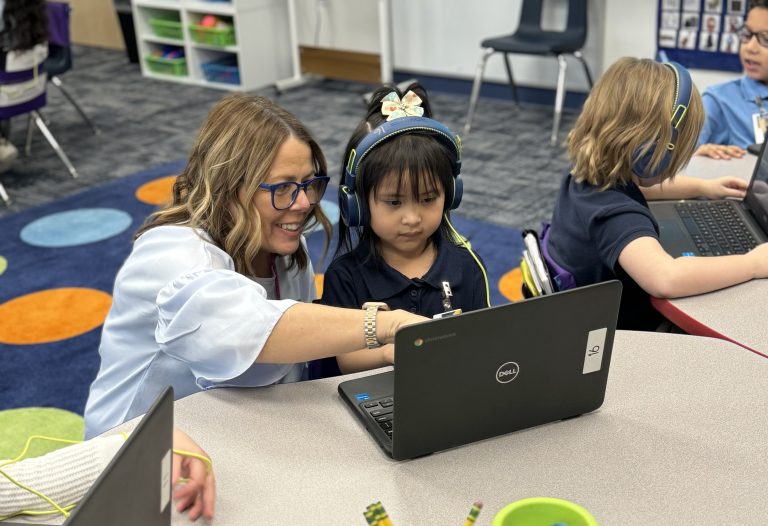PreK-2nd grade supplemental reading, math & science curricula tailored to your students.
Simple, effective, and engaging–done in just minutes a day.
Waterford Early Learning makes reading, math, and science exciting with interactive lessons, fun songs, stories, and games that adapt to each child’s pace. Students get clear, easy-to-follow instruction and move at their own pace, with support and guidance when they need it.
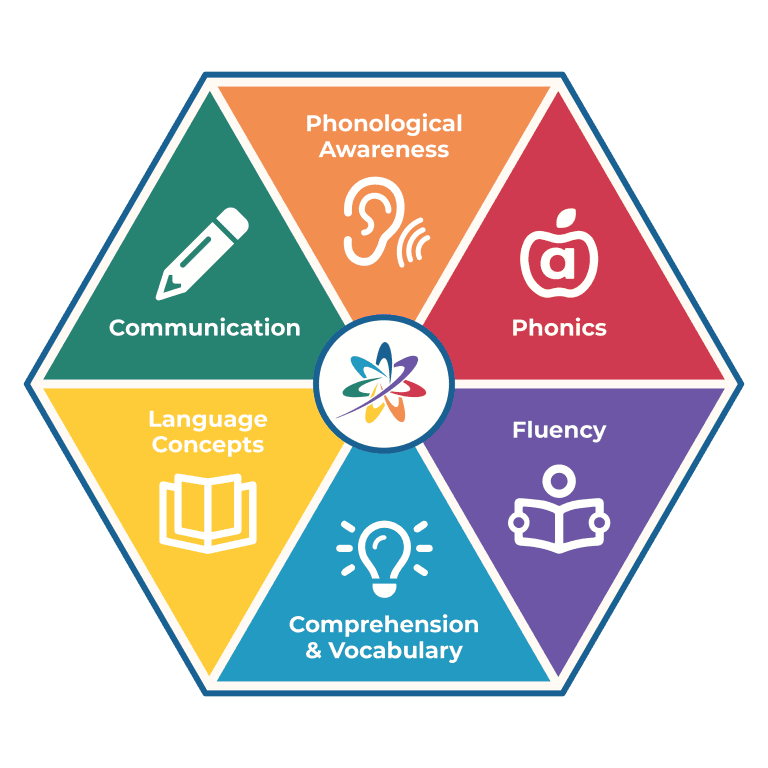
Students learn to:
Students learn to:
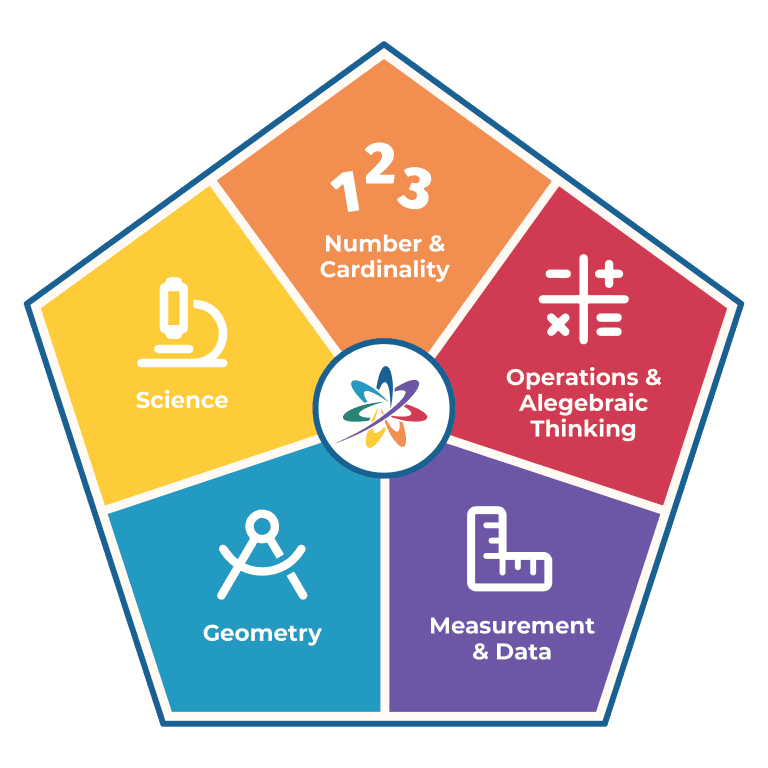
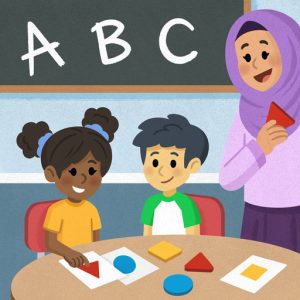
Independent tailored learning keeps students focused while you’re working with small groups

Reports group students for targeted intervention and recommend additional instructional materials
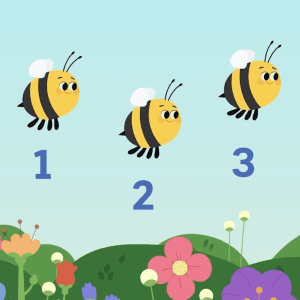
Digital activities are great for introducing concepts on interactive smart boards

Family access includes progress updates, tips, and books for at-home learning in English and Spanish
At Long Street Elementary, Waterford Early Learning is helping teachers provide PreK to 2nd grade students with strong foundational skills in reading, math, and science. Hear directly from educators about how Waterford supports their classroom success and enhances their instructional efforts.
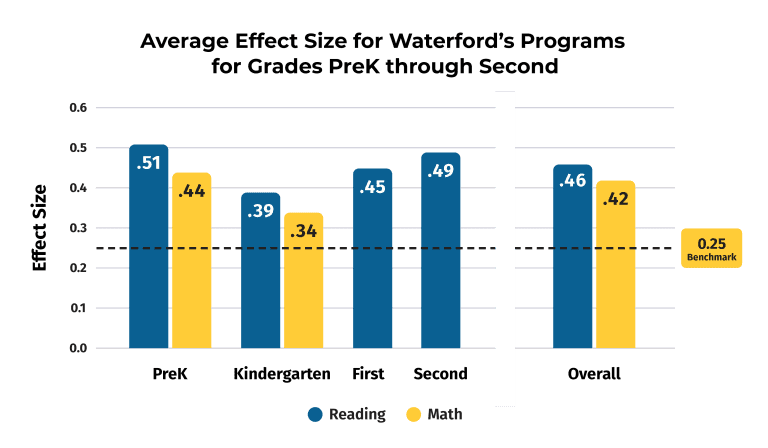
Children using Waterford programs advance a full year or more beyond expected growth, on average—and those gains continue to benefit them in the long term.
Waterford meets the highest standards for supporting English language development and is effective for children receiving special education services.

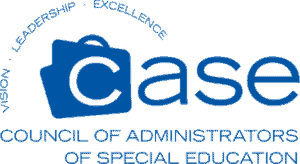
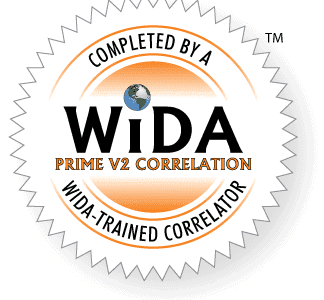
Let’s get started! Fill out the form and we’ll connect with you soon.
